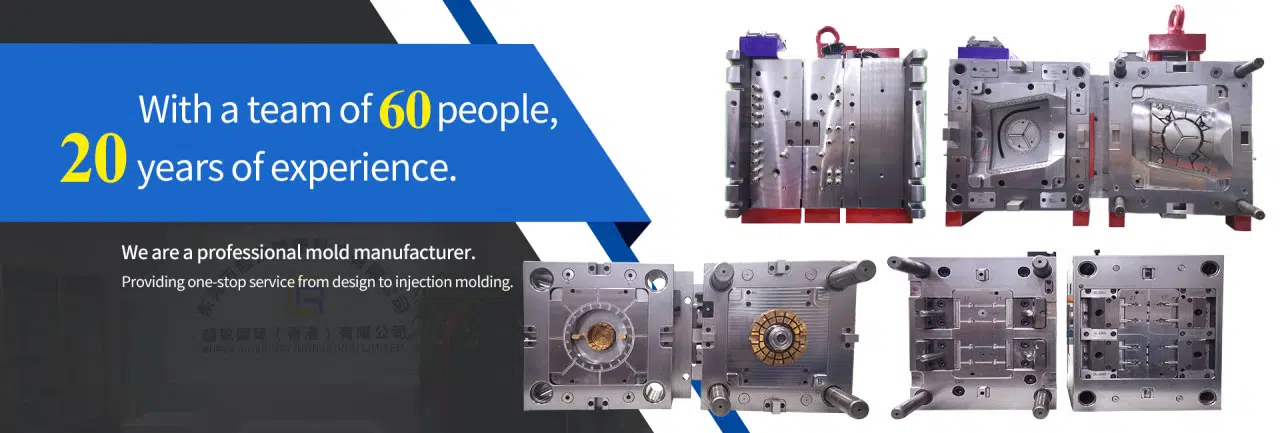
# Automotive Industry Trends in 2023
Automotive Industry Trends in 2023
The automotive industry is undergoing a significant transformation in 2023, driven by technological advancements, changing consumer preferences, and environmental concerns. This year, several key trends are shaping the future of mobility, from electric vehicles to autonomous driving and beyond.
1. Accelerated Shift to Electric Vehicles (EVs)
2023 marks a pivotal year for electric vehicles as they continue to gain mainstream acceptance. Major automakers are expanding their EV lineups, with many committing to fully electric portfolios by 2030. Battery technology improvements are extending ranges while charging infrastructure expands rapidly worldwide.
The EV market is becoming increasingly competitive, with new players challenging traditional manufacturers. Governments are supporting this transition through incentives and stricter emissions regulations, making 2023 a landmark year for electrification.
2. Autonomous Driving Advances
While fully autonomous vehicles aren’t yet commonplace, 2023 sees significant progress in driver-assistance systems. Level 2+ autonomy is becoming standard in many new vehicles, with more manufacturers testing higher levels of automation.
Key developments include:
- Improved sensor technology (LiDAR, radar, cameras)
- More sophisticated AI algorithms
- Expanded testing in urban environments
- Regulatory frameworks catching up with technology
Keyword: Automotive
3. Connectivity and Software-Defined Vehicles
The concept of software-defined vehicles is gaining traction in 2023. Cars are increasingly becoming connected platforms, with over-the-air updates enabling continuous improvement and new feature activation post-purchase.
This trend is transforming:
- Vehicle ownership experiences
- Manufacturer-customer relationships
- Revenue models (subscription services)
- Cybersecurity requirements
4. Sustainable Manufacturing Practices
Sustainability is no longer just about the vehicles themselves but extends to the entire manufacturing process. In 2023, automakers are:
- Implementing circular economy principles
- Using more recycled materials
- Reducing water and energy consumption
- Exploring carbon-neutral production methods
5. Micro-Mobility Integration
Urban mobility solutions are converging, with automakers investing in or partnering with micro-mobility providers. This includes:
- E-scooters and e-bikes
- Last-mile delivery solutions
- Integrated mobility platforms
- Shared vehicle services
These trends reflect an industry in rapid evolution, where traditional boundaries are blurring and new opportunities are emerging. As we progress through 2023, these developments will continue to reshape how we think about personal transportation and mobility solutions.